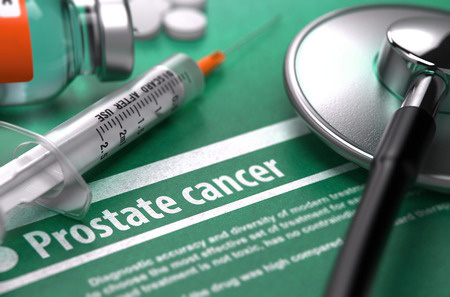4 Surprisingly Heart-Healthy Foods
- Published in Cardiovascular Disease

Cardiovascular disease has been the number one cause of deaths in the US. Because of this, a ton of research has been done on preventing heart disease and it has been clear that a healthy and active lifestyle can make the world of a difference. We at Ageless Forever know how important a healthy balanced diet can affect the heart. There are certain foods you should incorporate into your diet to be more heart-conscious and we’ll be discussing what you should keep stocked in your fridge and pantry. If you haven’t been trying your best to have a healthy heart, the time is now to change direction before it’s too late. Keep reading!
Cardiovascular Disease: Signs, Symptoms, and Prevention
- Published in Cardiovascular Disease

Cardiovascular Disease: Signs, Symptoms, and Prevention
According to the Center for Disease Control and Prevention (CDC), one person dies from cardiovascular disease every 37 seconds in the United States [1]. These numbers show that millions of Americans are affected by heart-related issues and are suffering the fatal consequences of not taking a proactive approach to their heart health.
Understanding what cardiovascular disease is, identifying symptoms early, and preventing irreversible damage can help you or your loved one live a long, healthy, and happy life.
4 Ways to Improve Your Heart Health
- Published in Cardiovascular Disease

The heart is one of the most vital organs responsible for our survival. Our hearts are constantly working 24/7, beating approximately 2.5 billion times in an average lifetime. With that said, heart disease is also the number one cause of death, claiming about 1 million lives a year. Heart disease is often caused by buildup of plaque, calcium, cholesterol, and other substances inside the coronary arteries that are responsible for supplying oxygen-rich blood to the heart muscles. Too much buildup restricts blood flow to the heart, which can result in a heart attack, stroke, or death. Knowing this, we must do what we can to ensure our hearts are functioning properly and optimally. Thankfully, there are some relatively simple lifestyle changes you can adopt to help you avoid or slow down, or drastically improve heart-related issues. Keep reading to learn more about how to work towards a healthier heart!
Long-Term Testosterone Therapy Improves Cardiometabolic Function and Reduces Risk of Cardiovascular Disease: Real-Life Results
- Published in Testosterone Replacement Therapy

Testosterone treatment is NOT associated with risk of adverse cardiovascular events – the RHYME study
- Published in Testosterone Replacement Therapy
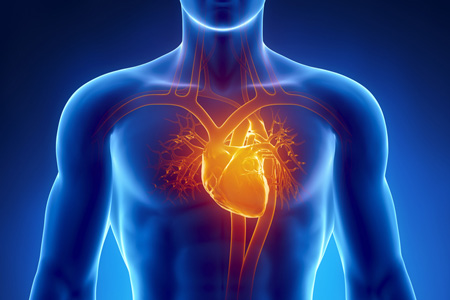
Video Summary: Testosterone Deficiency and Treatment - International Expert Consensus Resolutions
- Published in Testosterone Replacement Therapy
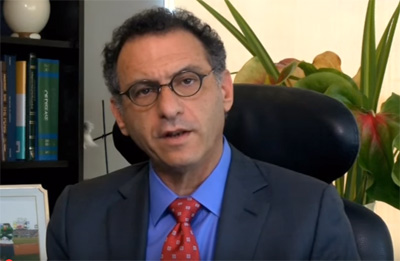
Testosterone Deficiency and Treatment - the FACTS
- Published in Testosterone Replacement Therapy
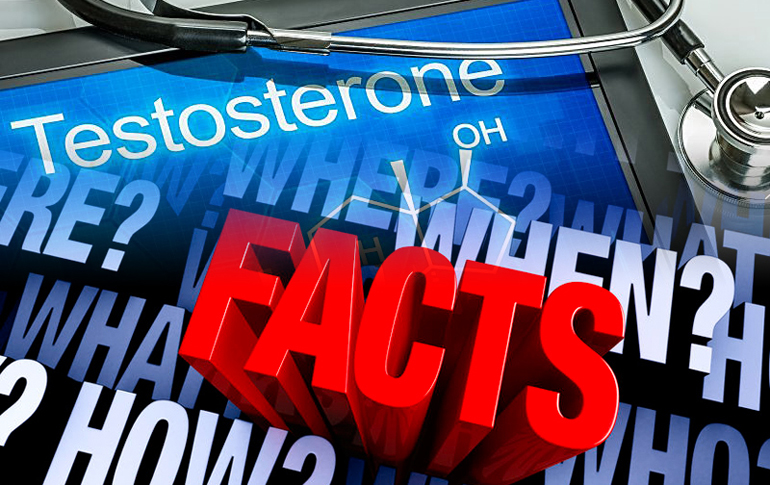
Remnant Cholesterol and non-HDL – What’s that? Why bother?
- Published in Cardiovascular Disease
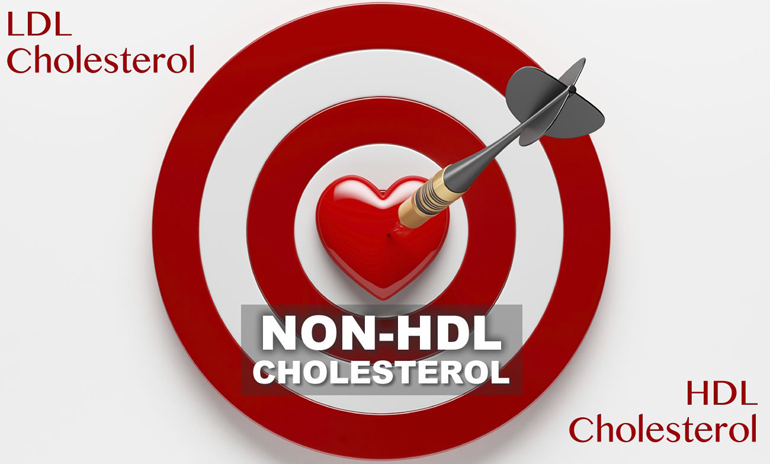
Survival and cardiovascular events in men on testosterone treatment
- Published in Testosterone Replacement Therapy

Everything We Learned About TESTOSTERONE Is WRONG - video presentation by Dr. Morgentaler
- Published in Testosterone Replacement Therapy
